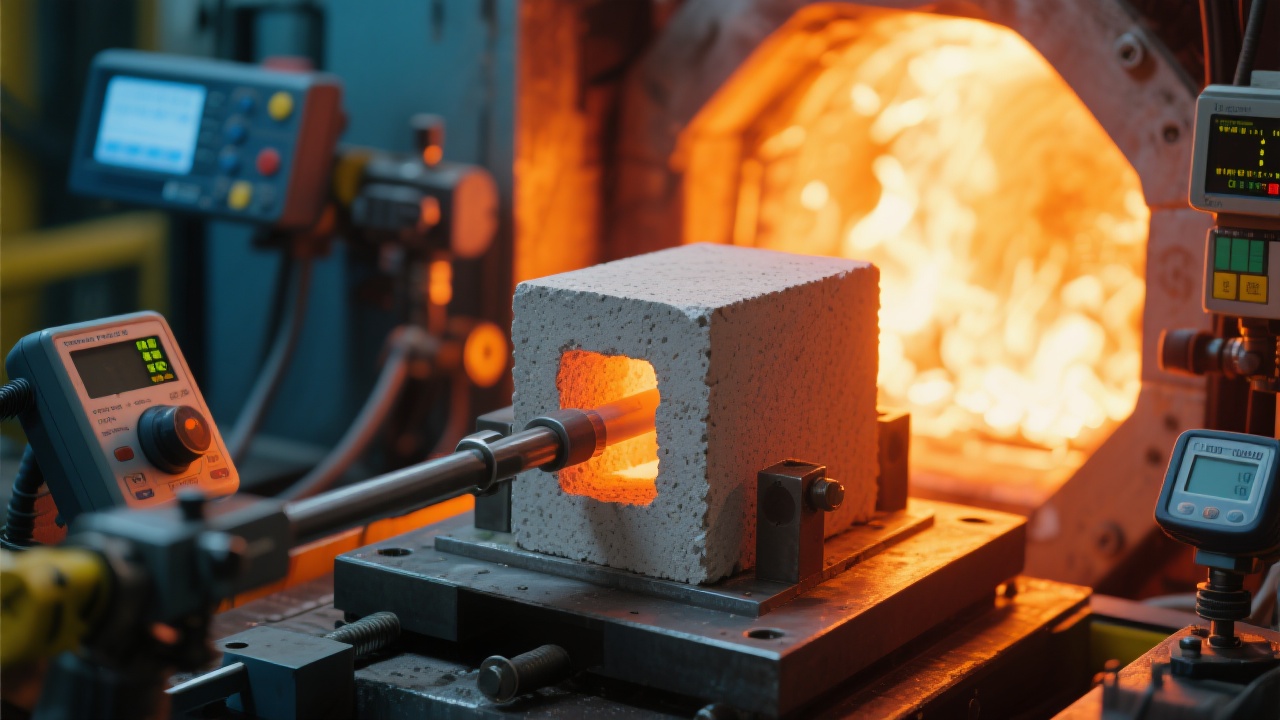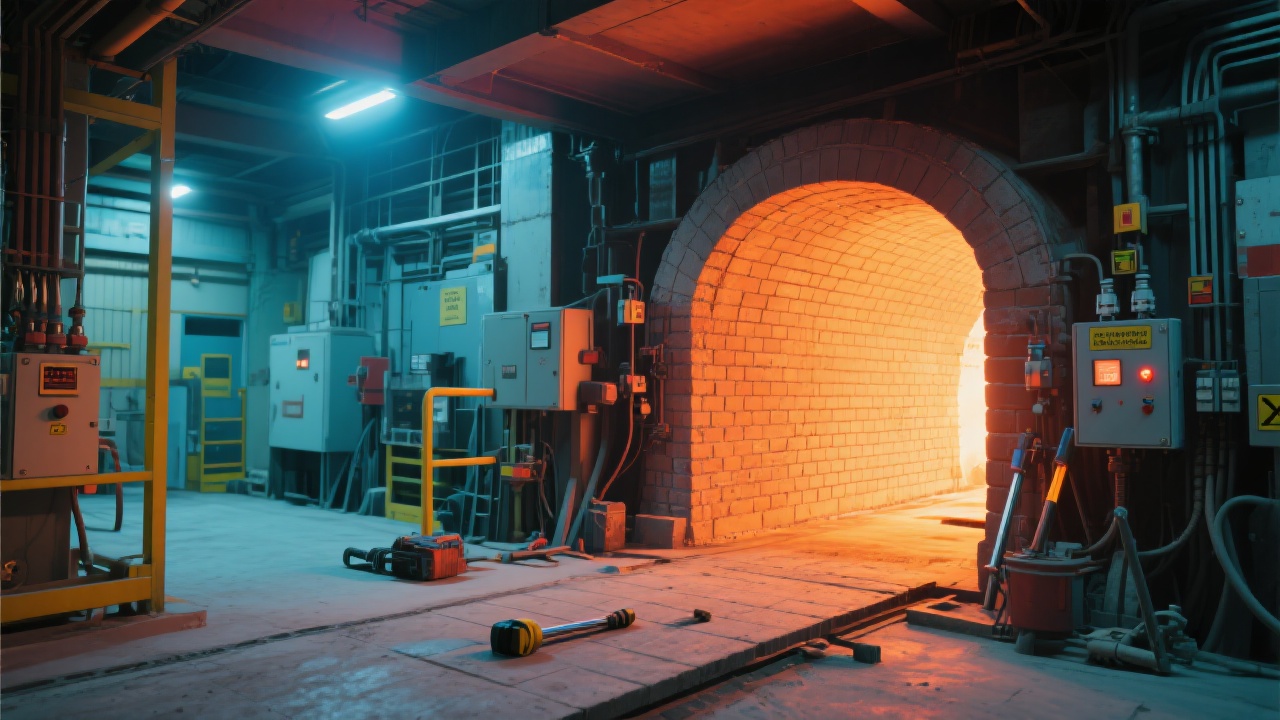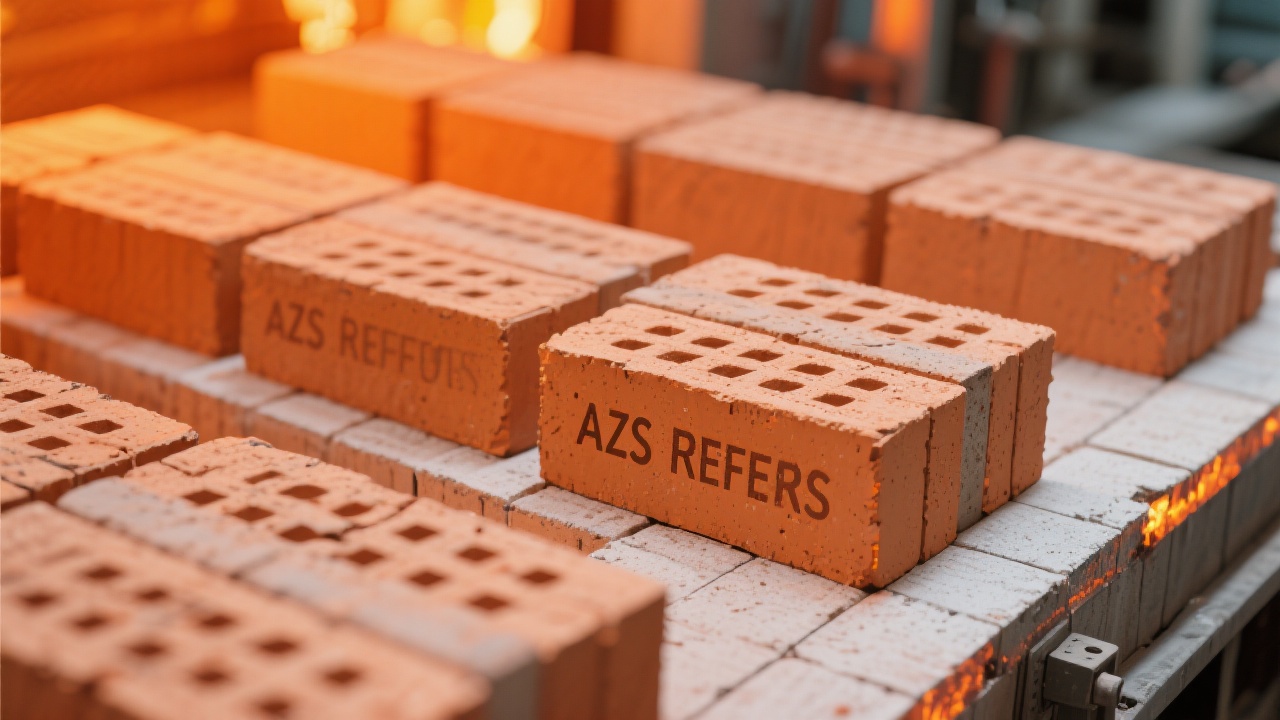
In the field of high-temperature industrial kilns, material performance directly affects equipment longevity, maintenance costs, and overall process efficiency. Among various materials, low-density porous cordierite has emerged as a game-changer due to its unique microstructure and superior thermal properties. This article explores the key advantages of this material, supported by real-world applications and experimental data.
Low-density porous cordierite is a ceramic material characterized by a highly porous microstructure, with pore sizes ranging from 10 to 100 micrometers. This structure significantly reduces thermal conductivity while maintaining structural integrity under extreme temperatures. According to a study published in the Journal of the European Ceramic Society (2022), the thermal conductivity of this material is approximately 1.2 W/m·K at 1200°C, which is 40% lower than that of traditional dense cordierite.
The material also exhibits a very low creep rate, which is critical for components subjected to prolonged high-temperature exposure. In a controlled experiment conducted by a leading European ceramics manufacturer, samples of low-density porous cordierite showed less than 0.5% deformation after 100 hours at 1300°C, compared to over 2% for conventional refractory materials.
One of the most significant benefits of low-density porous cordierite is its high resistance to thermal shock. This property makes it ideal for use in components that experience rapid temperature fluctuations, such as kiln installation tools, cranks, and support systems. A case study from a German steel processing plant demonstrated that replacing traditional ceramic parts with low-density porous cordierite reduced component failure rates by 65% during repeated heating and cooling cycles.
In another example, a Chinese glass manufacturing company reported a 40% increase in kiln uptime after switching to low-density porous cordierite for their insulation layers. The material's ability to withstand sudden temperature changes without cracking or deforming was a key factor in this improvement.
The application of low-density porous cordierite extends to several critical kiln components:
While the initial cost of low-density porous cordierite may be higher than traditional materials, its long-term value is undeniable. A cost-benefit analysis conducted by a U.S.-based industrial consulting firm revealed that the total lifecycle cost of using this material can be up to 30% lower than that of conventional alternatives. This is primarily due to reduced maintenance frequency, longer service life, and improved process efficiency.
Moreover, the material’s thermal efficiency contributes to energy savings. For example, a Spanish ceramic factory reported a 15% reduction in fuel consumption after upgrading their kiln insulation with low-density porous cordierite, resulting in annual savings of over €120,000.
Ongoing research focuses on further enhancing the thermal and mechanical properties of low-density porous cordierite. Innovations include the integration of nano-coatings to improve oxidation resistance and the development of hybrid structures that combine the material with other advanced ceramics. These advancements are expected to expand the material’s applicability across industries such as aerospace, automotive, and renewable energy.

Low-density porous cordierite offers a compelling combination of thermal performance, durability, and cost-effectiveness, making it a preferred choice for high-temperature kiln applications. Its unique microstructure and exceptional resistance to thermal shock set it apart from traditional materials, while its real-world success stories demonstrate its practical value.
For engineers and material scientists seeking to optimize kiln performance and reduce operational costs, this material represents a significant advancement in industrial ceramics. Whether you're looking to upgrade your current setup or explore new design possibilities, low-density porous cordierite is a solution worth considering.

If you’re looking to enhance the performance of your industrial kiln or reduce long-term maintenance costs, low-density porous cordierite could be the key. Our team of material experts has helped numerous clients achieve measurable improvements in efficiency and reliability.
Don’t miss the opportunity to leverage cutting-edge technology in your production line. Contact us today to learn more about how we can tailor a solution for your specific needs.

Get a free technical consultation and receive 3 customized case studies based on your industry. Let’s build a better future together.
Contact Us Now
